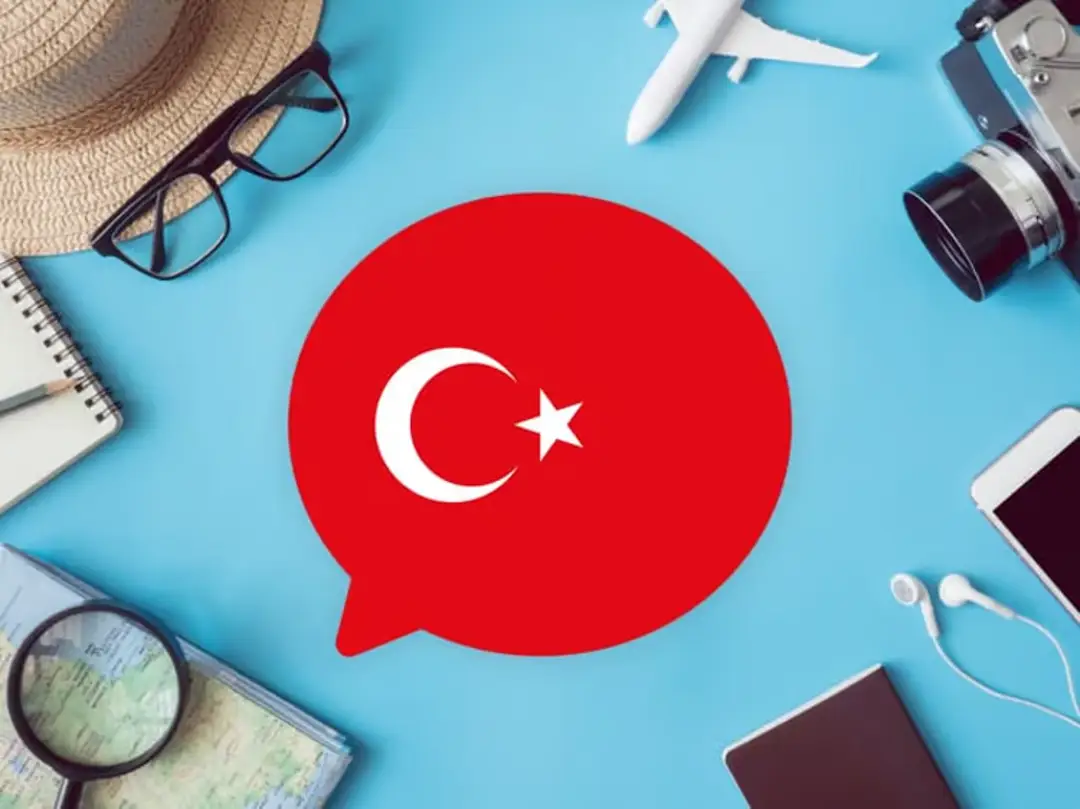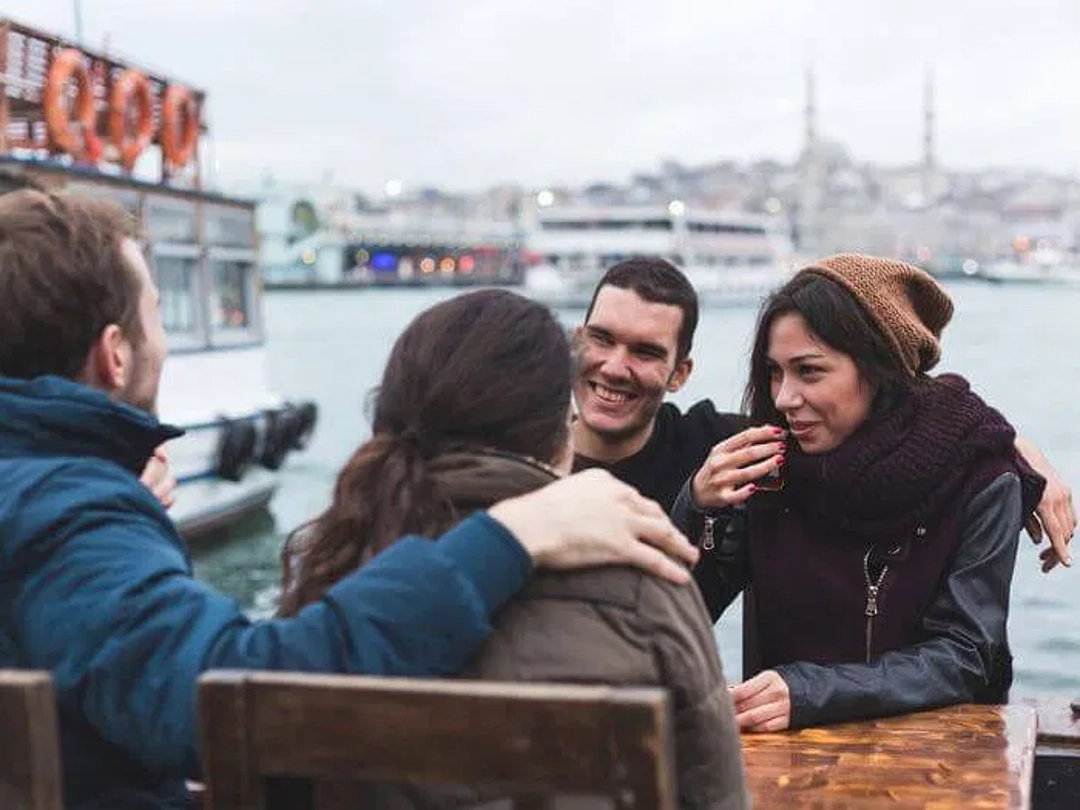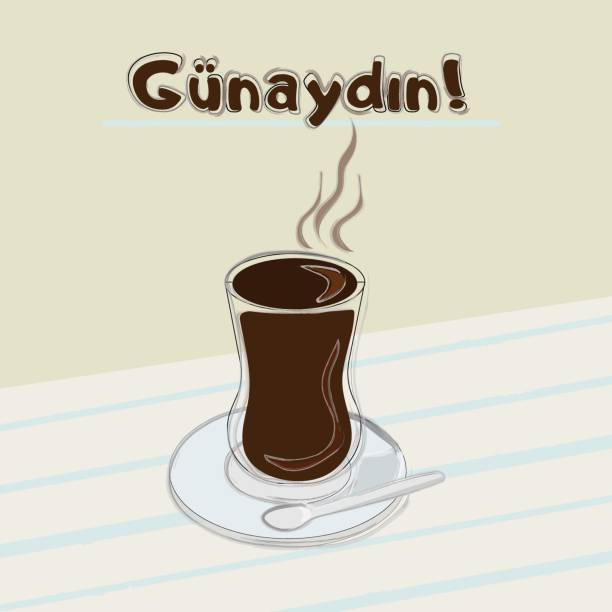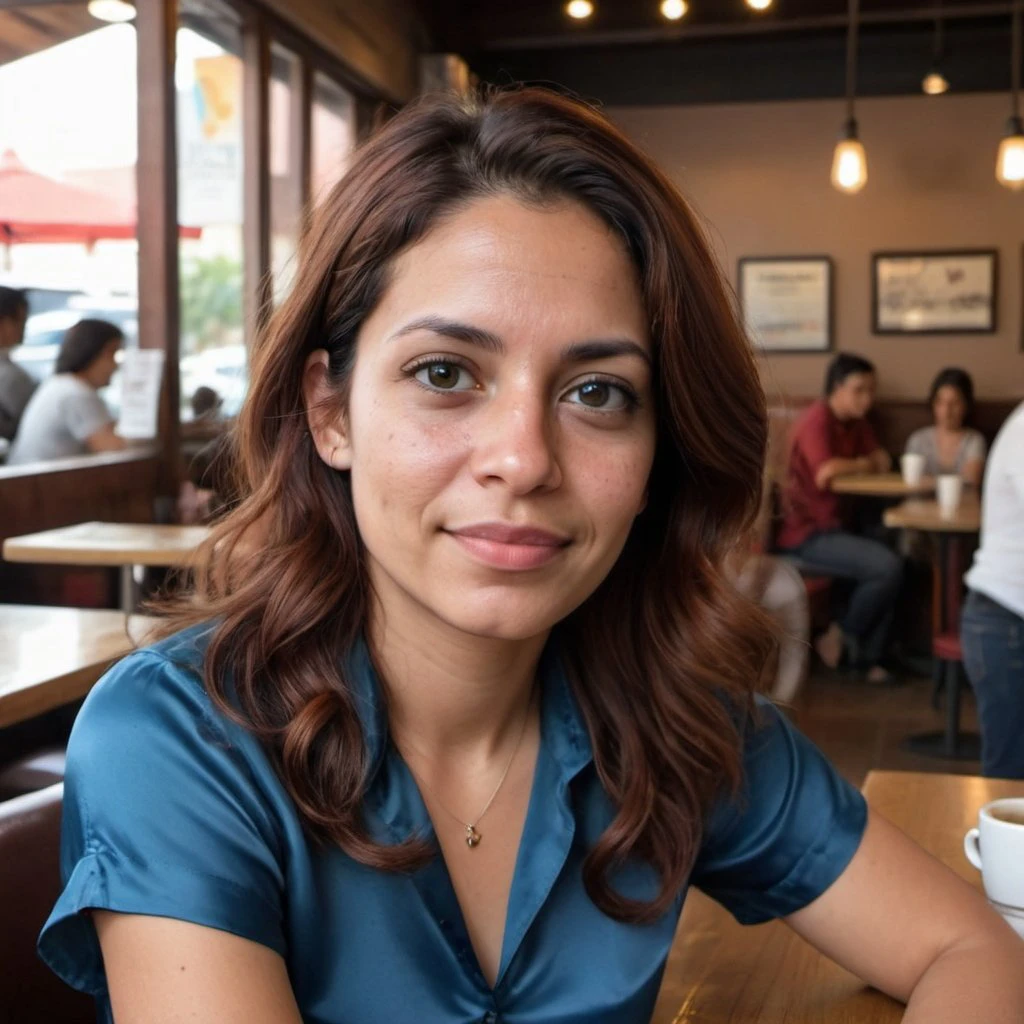If you’re heading to Turkey and want to be able to say hello like a local, it’s a good idea to pick up some basic Turkish greetings.
Not only does this help you get to know people, but it’s also a nice way to show that you respect the Turkish culture.
Here’s everything you need to know on how to say hello in Turkish, from the formal greetings to the newer online slang popular with the younger generation.
If you’re heading to Turkey, make sure you bring the iRoamly Turkey Travel eSIM card to always stay connected.

Common Greetings in Turkey
1. Merhaba (mehr-HAH-bah) – "Hello"
This is the standard greeting when you’re in Turkey and by using it you can’t go wrong, no matter who you’re speaking to — from a person you’re meeting for the first time to someone you’re just passing on the road. It’s informal but polite.
2. Selam (seh-LAHM) – "Hi"
A little less formal than merhaba, selam is used more casually between friends or in informal settings. If you’re greeting someone you already know or simply strolling through a market, selam works well.

3. Nasılsınız? (NAH-suhl-suhn-uhz) – "How are you?" (formal/plural)
Especially good to use after saying hello. This is a polite and formal way to ask someone how they are. You can pretty much use it with anybody you don’t know well or who is older than you.
4. Nasılsın? (NAH-suhl-suhn) – "How are you?" (informal)
This is the informal version of nasılsınız and what you would use with friends or people your own age and more relaxed settings.

5. Hoşça kal (hosh-CHA kahl) – "Goodbye" (to someone staying)
This is the polite way to say goodbye when you’re leaving someone behind. It’s like saying “stay well” or “take care.”
6. Güle güle (gooh-LEH gooh-LEH) – "Goodbye" (to someone leaving)
If you are the person leaving, you say güle güle. You’re basically wishing them a good day on their way out.
Turkish Greetings Related to Time
1. Günaydın (goo-NAY-duhn) – "Good morning"
It’s the ultimate good-morning greeting when you need to say hello to someone and the day feels brand new.
So, whether it’s in a café or running into a friend on the street, use günaydın to greet others in the morning.

2. Tünaydın (tü-nah-YDUHN) – "Good afternoon"
This one isn’t as widely used as the other two, but if you find your self in a formal setting, tünaydın is a polite way to say hello to people from noon until the early evening.
3. İyi akşamlar (ee ak-shahm-LAHR) – "Good evening"
This is what you say to people as the sun is setting. If you’re addressing someone before the evening, saying iyi akşamlar would be a welcoming hello.
4. İyi geceler (ee geh-jeh-LAHR) – "Good night"
When you’re leaving and it’s the end of the day, and especially if it’s late, you can bid someone a peaceful night with the phrase iyi geceler.

Greetings in Different Situations in Turkey
1. Meeting Someone for the First Time
Merhaba, tanıştığımıza memnun oldum - “Hello, nice to meet you.”
This is your intro greeting when meeting someone for the first time. It’s polite and shows you have an interest in who the person is.
2. In a Business Setting
İyi günler - This is a more formal greeting for encountering business people, something you might consider using when meeting either colleagues or clients.

3. In a Casual Setting (with Friends or Family)
Selam - “Hey” This is what you say when you’re like saying hello to one of your best friends or relatives.
It’s very casualor relaxed and is usually only used by people who know each other well.
4. When Answering the Phone
Alo - “Merhaba” This means “hello” and is used as a standard telephone greeting in Turkey. Short and sweet, it is identical to the English “hello.”
5. When You See Someone You Haven’t Seen in a While
Uzun zaman oldu! Nasılsın? - “Long time no see! How are you?”
Use this to catch up with someone after you haven’t seen them in a while. It’s friendly and conveys that you’re happy to see them.
6. Entering a Store or Café
İyi günler, kolay gelsin - “Good day, have a good day at work” - You will often hear this phrase when entering into a shop or cafe. It’s a nice way to display manners toward staff.

7. When Greeting a Group
Herkese merhaba - “Hello everyone” Use when addressing a group of people, for example at a meeting, a party, or a social occasion.
Turkish Modern Greetings in Digital Communication
Of course, like all young people in the digital age, Turkish youth have their own informal, trendy ways of greeting each other online in the Turkish language.
They’re very casual, very fun, much like all of our communication nowadays. Here are a few:
1. Selamün Aleyküm
Though a traditional Muslim greeting, “Selamün Aleyküm” is also sometimes used informally in online chats, particularly between friends. It’s a slightly more personal and warm greeting.
2. Nasılsın, ne var ne yok?
This phrase is similar to “How are you? What’s up?” and is commonly used on social media and in texts with people you’re close to. It’s an informal and friendly way to ask how somebody is.
It’s a bit playful, so make sure you’re comfortable with the person you're texting.
3. Merhaba, naber?
“Naber” is a shortened version of “Ne haber?” which means “What’s up?” This casual-ish, very common phrase is useful on social media or messaging apps.
4. Slm
“Slm” is simply a shortened Turkish version of the word “selam” that you’ll see on texts and social media as a short and informal way to say “Hi.”
It’s very informal, so it’s great when you’re texting friends, but stay away from it in more formal contexts or with people you don’t know very well.
FAQ
1. Is hand-shaking a standard greeting?
Yes, people shake hands in more formal situations, but friends hug or give cheek kisses.
2. “Is there a correct greeting I should use during religious holidays?”
During Ramadan or Eid, you can say “Bayramınız mübarek olsun,” meaning “May your holiday be blessed.”
3. What should I say when someone sneezes?
You can alternatively say “Çok yaşa” (Live long), to which the response is “Sen de gör” (To you too).
4. How should I address an email to someone I don’t know?
Start with “Merhaba” or “Sayın [Name],” which is even more formal and respectful.
Conclusion
Learning how to say “hello” in Turkish is easier than you might think.
Whether you are wandering through the bustling streets of Istanbul or talking with friends in a language exchange, learning these greetings will make you feel more at home.
You’ll enjoy your trip even more!
